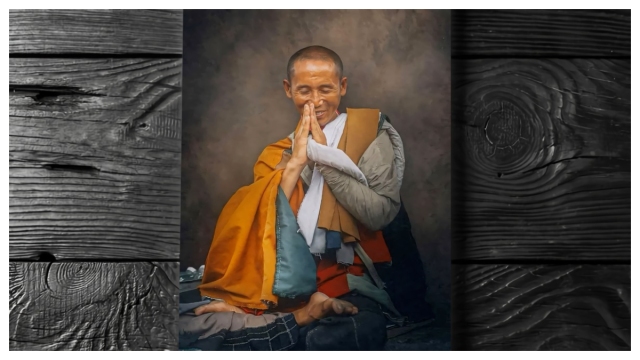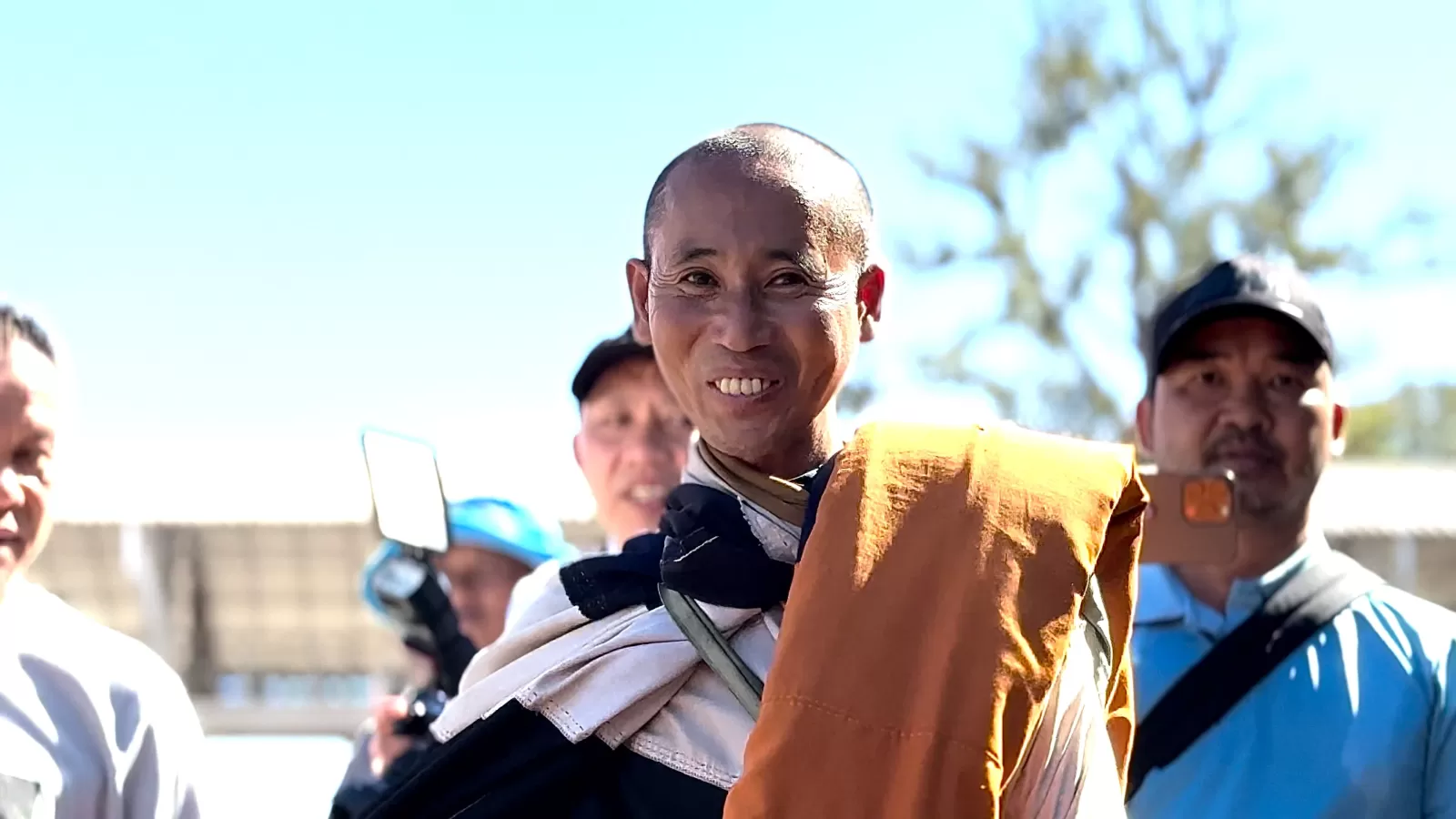1. Why Thich Minh Tue left Vietnam?
Thich Minh Tue left Vietnam for India after facing pressure from authorities. His unconventional pilgrimages, often attracting large crowds, raised concerns about social order and security. Operating outside the state-sanctioned Buddhist hierarchy, Tue's independent practice challenged the government's control over religious activities. Some observers attribute the crackdown to the government's sensitivity towards independent social movements and a perceived lack of trust in the public. Tue's journey, which began in December 2024, will take him through several Southeast Asian countries before reaching India, where he plans to visit significant Buddhist sites.
2. Who is Thich Minh Tue?
Thich Minh Tue, a name that has become synonymous with humble simplicity and unwavering faith, is currently undertaking a remarkable journey. This Vietnamese monk, renowned for his ascetic lifestyle and unwavering dedication to Buddhist principles, has embarked on a 2,700-kilometer pilgrimage from Thailand to India. His trek, undertaken barefoot, reflects a deep-seated yearning for spiritual enlightenment and a desire to connect with the birthplace of Buddhism.
3. The Rise of the "Barefoot Monk"
Thich Minh Tue's journey to India follows a period of significant public attention in Vietnam. His previous barefoot treks across the country garnered widespread admiration, captivating the public with their simplicity and authenticity. These journeys, often documented on social media, presented a stark contrast to the perceived affluence and materialism that often characterizes prominent figures in Vietnamese society.
Related article: Revealing the Truth Behind the Phenomenon of Thich Minh Tue
4. Religious Freedom in Vietnam
While freedom of religion is enshrined in the Vietnamese Constitution, its implementation remains a complex issue. The state-sanctioned Vietnam Buddhist Sangha wields significant influence, and dissenting voices, such as Thich Minh Tue who operates independently, often face challenges. His journey to India can be seen as a symbolic act of seeking spiritual freedom beyond the constraints of the established religious order.
For Buddhists worldwide, India holds immense spiritual significance. As the birthplace of the Buddha and the cradle of Buddhist philosophy, India remains a powerful source of inspiration and a destination for pilgrims seeking deeper spiritual connection. Thich Minh Tue's pilgrimage to India represents a return to the roots of his faith, a journey of profound personal and spiritual significance.
Related article: Exploring All Viral Songs about Monk Thich Minh Tue
5. The Global Impact of Thich Minh Tue's Journey
Thich Minh Tue's pilgrimage transcends national boundaries. His journey resonates with individuals worldwide who are drawn to stories of faith, resilience, and the pursuit of spiritual enlightenment. His example serves as a powerful reminder of the enduring human desire to connect with something greater than ourselves and to find meaning and purpose beyond the material world.
Watch the related video: Famous Vietnamese monk Thich Minh Tue continues walk through Thailand
Conclusion
We hope the article answers question why Thich Minh Tue left Vietnam. Thich Minh Tue's pilgrimage to India is a testament to his unwavering faith, his commitment to living a life of simplicity, and his unwavering pursuit of spiritual truth. His journey, while deeply personal, also carries broader implications, raising important questions about religious freedom, the role of spirituality in contemporary society, and the enduring power of faith to inspire and transform lives. As he continues his trek, Thich Minh Tue's journey will undoubtedly continue to captivate the world and serve as a beacon of hope and inspiration for those seeking a deeper connection to their faith and themselves.
Maybe you are interested:

Vietnamese Monk Thich Minh Tue crosses Lao into Thailand

Exploring All Viral Songs about Monk Thich Minh Tue






